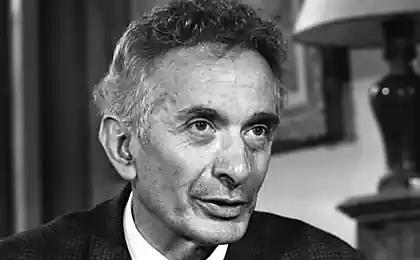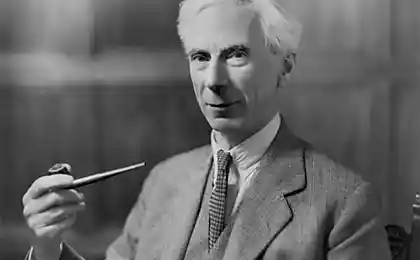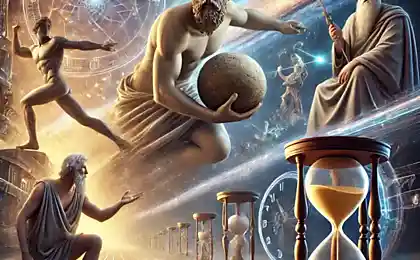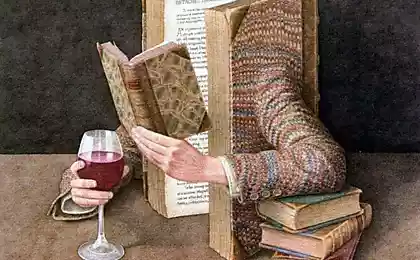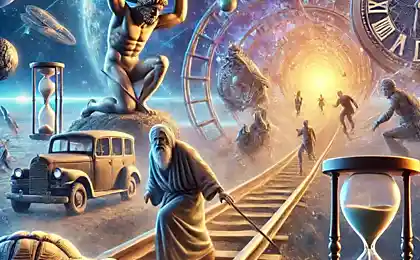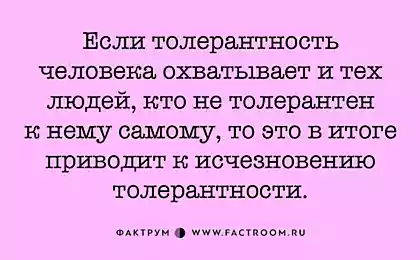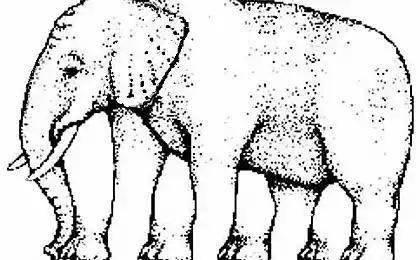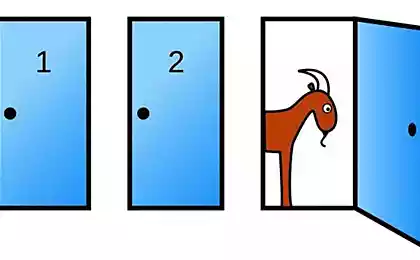628
10 paradoxes that will make You think about it
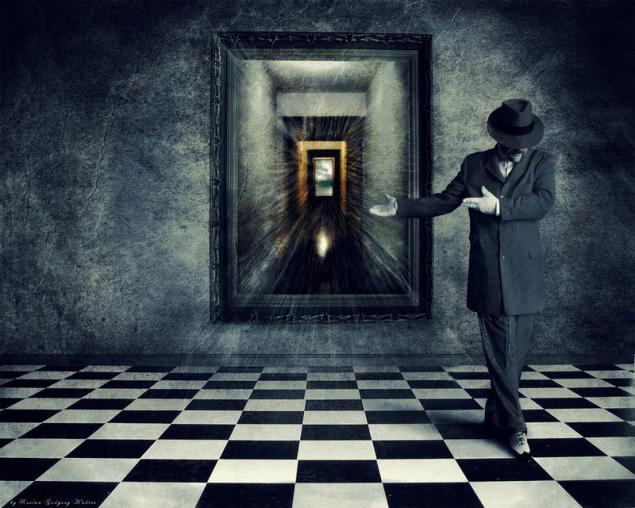
Reading this collection you will take much less time than to reflect on the paradoxes presented in it. Some challenges are contradictory only at first sight, others even after hundreds of years of hard mental labor over them the greatest mathematicians, philosophers and economists seem intractable. Who knows, perhaps you will be able to formulate a solution one of these tasks, which will be what is called a textbook and will be included in all textbooks. 1. The paradox of value
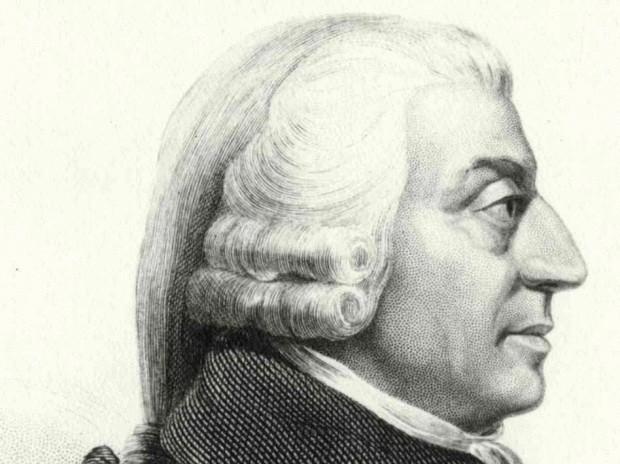
Adam Smith
The phenomenon, also known as the paradox of diamonds and water paradox or Smith (named after Adam Smith, the author of classical works on Economics, which is believed to have first formulated this paradox), is that although water as a resource is much more useful pieces of crystalline carbon that we call diamond, the latest price on the international market is disproportionately higher than the cost of water.
From the point of view of survival water really necessary to mankind is much more diamonds, but the stocks, of course, more diamond reserves, so the experts say that there is nothing strange about the price difference there — we are talking about the unit cost of each resource, and it is largely determined by factors such as marginal utility.
In the continuous act of consumption of any resource to its marginal utility and, as a result, the cost inevitably falls — this pattern in the nineteenth century, was opened by the Prussian economist Hermann Heinrich Gossen. In simple terms, if a person consistently to offer three glasses of water, first he drinks water from the second wash, and the third will go on washing the floor.
Most of humanity is not experiencing an acute need in the water to get sufficient amount of it, you only open the faucet, but the diamonds are not at all, why they are so expensive.
2. The grandfather paradox
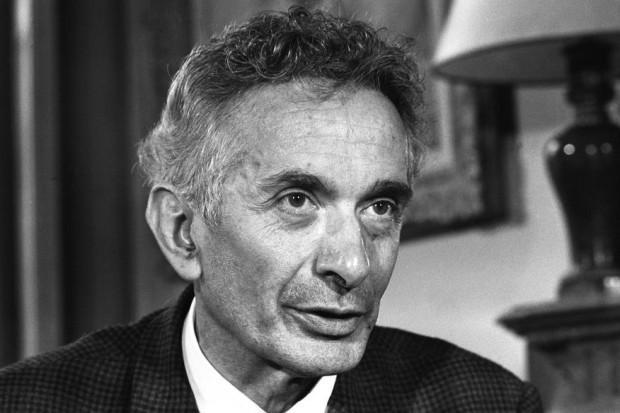
Rene Barjavel
This paradox in 1943, the year suggested that the French science fiction writer rené Barjavel in his book "the Imprudent traveller" (original "Le Voyageur Imprudent").
Suppose you managed to invent a time machine and you went on it in the past. What happens if you meet your grandfather and kill him before he met your grandmother? Probably not everyone will like this bloodthirsty scenario, so let's say you prevent the meeting by other means, for example, will take it to the other side of the world where he will never know of its existence, the paradox does not disappear.
If the meeting does not take place, your mother or father will not be born, will not be able to conceive you, and you accordingly will not invent a time machine and goes to past, so grandpa will be able to marry my grandmother, they have to be born one of your parents, and so on, the paradox is obvious.
The story of the dead grandfather in the past is often cited by scientists as proof of the fundamental impossibility of time travel, but some experts say that under certain conditions, the paradox is completely solvable. For instance, killing your grandfather, the time traveler creates an alternate version of reality in which he will never be born.
In addition, many have suggested that even once in the past, people will not be able to affect him as it would change the future, which it is. For example, the attempted murder of his grandfather is doomed to failure — because if the grandson exists, his grandfather somehow survived the attack.
3. The Ship Of Theseus
The name of the paradox was given by one of the Greek myths describing the exploits of the legendary Theseus, one of the Athenian kings. According to legend, the Athenians hundreds of years kept the ship on which Theseus returned to Athens from Crete. Of course, the ship fell into disrepair, and carpenters replaced rotten boards on new, with the result that it has left no piece of old wood. The best minds in the world, including prominent philosophers like Thomas Hobbes and John Locke centuries have pondered whether it is possible to assume that on this ship once traveled the Theseus.
Thus, the essence of the paradox is this: if you replace all the parts of the object for a new one, can it be the same object? In addition, the question arises — if the old parts to assemble the same object, which of the two will be "thus"? Representatives of different philosophical schools gave directly opposite replies to these questions, but some of the contradictions in the possible solutions to the paradox of Theseus there are still.
By the way, if you consider that the cells of our body is almost completely renewed every seven years, can we assume that in the mirror we see the same man that seven years ago?
4. The Paradox Галилея
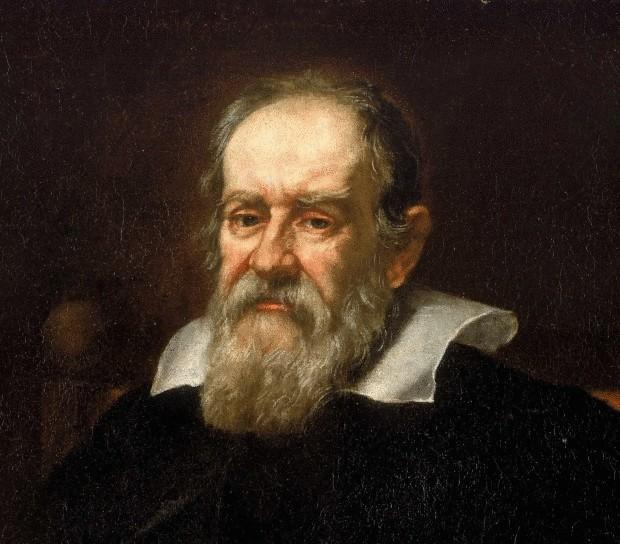
Outdoor Galileo Galilei phenomenon demonstrates the contradictory properties of infinite sets. A brief formulation of the paradox is this: the natural numbers as much as their squares, that is, the cardinality of an infinite set of 1, 2, 3, 4... equals the number of elements infinite sets 1, 4, 9, 16...
At first glance, no contradiction here, however, the same Galileo in his work "Two Sciences" States: some numbers are exact squares (that is, from them we can extract a square root), and others are not, so the exact squares along with the usual numbers must be more than one exact squares. Meanwhile, earlier in the "Science" is the postulate that the squares of natural numbers the same as the natural numbers themselves and the two statements are directly opposite to each other.
Galileo himself believed that the paradox can only be solved with respect to finite sets, however Georg Cantor, one of the German mathematicians of the XIX-th century, developed his theory of sets, according to which the second postulate of Galileo (about the same number of elements) true for infinite sets. To do this, Cantor introduced the concept of power, which in the calculations for both infinite sets coincide.
5. The paradox of thrift
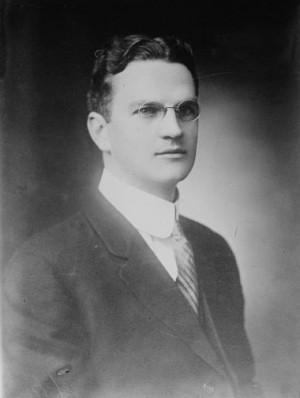
William Foster
The most famous formulation of the curious economic phenomenon described by Waddill Kitchingman and William foster as follows: "the more we're saving for a rainy day, the faster it will come". To understand the contradictions enclosed in this phenomenon, a little economic theory.
If, during the economic recession a large part of the population begins to save their savings reduced aggregate demand for goods, which in turn leads to a decrease in earnings and as a consequence — the drop in the overall level of savings and reduce savings. Simply put, there is a kind of vicious circle where consumers spend less money, but thereby impair their well-being.
In some ways the paradox of thrift is similar to a problem from game theory called the prisoner's dilemma: actions that are beneficial to each party of the situation individually, is harmful for them in General.
6. The Paradox Пиноккио
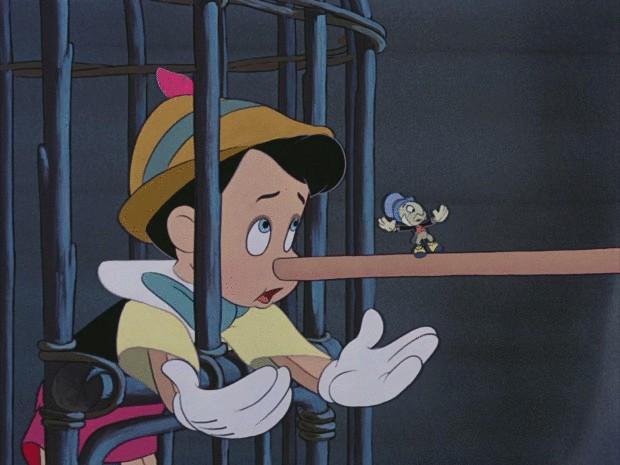
Is a kind of philosophical problem known as the paradox of the liar. This paradox is simple in form but not in content. It can be expressed in three words: "This statement is a lie", or even two — "I'm lying". In the embodiment of Pinocchio's problem is formulated as follows: "My nose grows now".
I think you understand the contradiction contained in this statement, but just in case, dot e: if the phrase is correct, then the nose is really growing, but it means that at the moment the brainchild of Papa Carlo's lying, which is impossible, as we have seen, that assertion is true. So the nose should not grow, but if this is not true, the statement is still true, and this in turn suggests that Pinocchio is lying... And so on — a chain of mutually exclusive causes and effects can continue indefinitely.
The paradox of the liar shows a contradiction of statements in the spoken language of formal logic. From the point of view of classical logic the problem is insoluble, therefore, the statement "I am lying" is not considered logical.
7. The Paradox Рассела
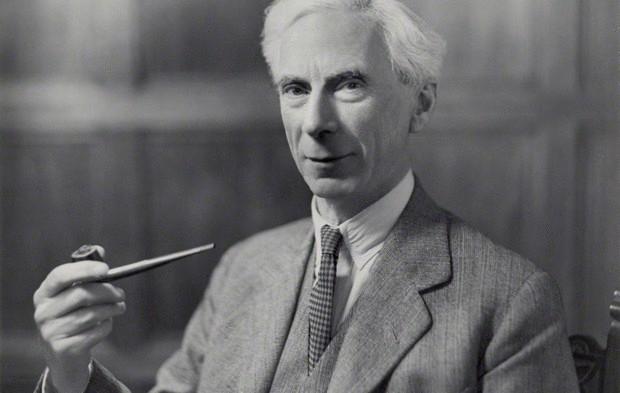
The paradox, which its discoverer, the famous British philosopher and mathematician Bertrand Russell was referred to as the paradox of the Barber, strictly speaking, can be considered a form of paradox of the liar.
Suppose, passing Barber shop, you can see the ad: "do You shave yourself? If not, you are welcome to shave! Shave everyone who does not shave himself, and no one else!". Naturally ask the question: how does the Barber is controlled with its own beard if he shaves only those who do not shave themselves? If he does not shave his own beard, it is contrary to his boastful statement: "Shave everyone who does not shave himself".
Of course, it is easiest to assume that the narrow-minded, he just didn't think about the contradiction contained in his the sign and forget about this problem, but try to understand its essence is much more interesting, though it will have a short time to plunge into the mathematical theory of sets.
The Russell's paradox looks like this: "Let K be the set of all sets that do not contain themselves as their own element. Does K itself as its own element? If so, this refutes the assertion that many in his composition "do not contain themselves as their own element", if not, there is a contradiction with the fact that It is the set of all sets not containing itself as its own element, and so K must contain all possible elements, including yourself."
The problem arises from the fact that Russell's reasoning used the concept of "set of all sets", which in itself is quite controversial, and was guided in this by the laws of classical logic are not applicable in all cases (see paragraph six).
The opening of the Barber paradox has provoked heated debate in various scientific circles which did not subside until now. For "rescue" of set theory, mathematicians have developed several systems of axioms, but evidence of the consistency of these systems and, according to some scholars, can not be.
8. The paradox of the birthdays
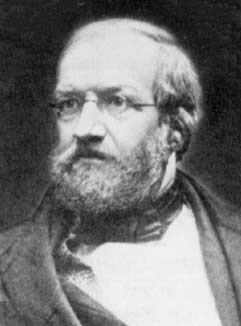
Peter Gustav Diehl
The problem is this: if there is a group of 23 or more people the probability that two of them had birthdays (day and month) matches, exceeds 50%. For groups of 60 people the chance is over 99%, but 100% reaches, only if the group is not less than 367 people (including leap years). This is evidenced by the Dirichlet principle, named for its discoverer, the German mathematician Peter Gustav Dirichlet.
Strictly speaking, from a scientific point of view this statement is not contrary to logic and therefore is not a paradox, but it perfectly demonstrates the difference of the results of the intuitive approach and mathematical calculations, because at first glance for such a small group, the probability of coincidence seems highly inflated.
If we consider each member of the group separately, assessing the probability of coincidence of his birthday with anybody else's, for each individual, the chance will be approximately of 0.27%, thus, the total probability for all members of the group should be about 6.3% (23/365). But it is fundamentally wrong, because the number of possible choices of certain pairs of 23 persons is much higher than the number of its members and is (23*22)/2=253, based on the calculation formula of the so-called number of combinations of the given set. We will not delve into combinatorics, can be at leisure to verify the accuracy of these calculations.
For 253-x options pairs is a chance that the month and date of birth of the participants one of them will be the same, as you probably guessed, much more is 6.3%.
9. The problem of the chicken and яйца
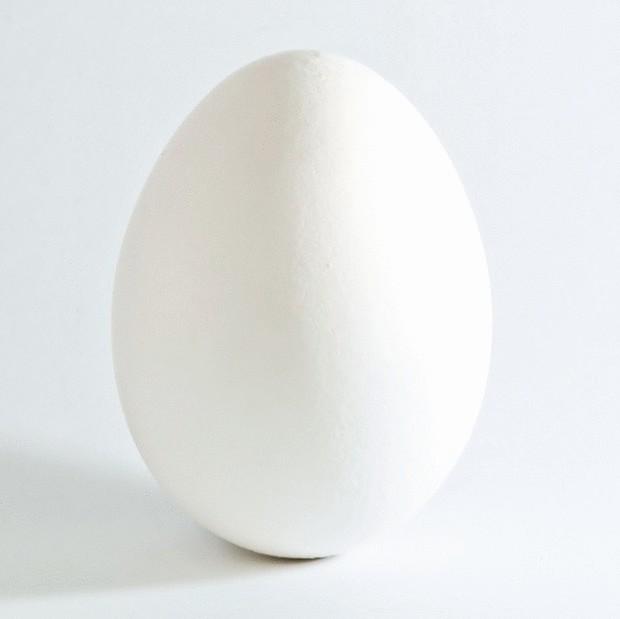
Certainly, each of you at least once in their life asked the question: "Which came first — the chicken or the egg?". Experienced in the Zoology know the answer: birds are born from eggs long before the emergence among them of gallinaceous. It is worth noting that in the classical formulation, said just about the bird and the egg, but it allows for an easy decision: for example, dinosaurs came before birds, and they also reproduce by laying eggs.
Considering all these details, we can formulate the problem as follows: what appeared earlier — the first animal to lay eggs or own eggs, because somewhere had to hatch a new species.
The main problem is to install a causal connection between the phenomena of fuzzy volume. For a more complete understanding of this review the principles of fuzzy logic — generalization of classical logic and set theory.
Simply put, the fact that the animals in the course of evolution have gone through countless intermediate stages — this applies to the methods of breeding. At various evolutionary stages they have set aside a variety of objects which cannot be uniquely determined as eggs, but with them having some similarities.
Likely the objective solution of this problem does not exist, although, for example, the British philosopher Herbert Spencer proposed this: "a Chicken is just the way an egg produces another egg."
10. The disappearance of cells
Unlike most other paradoxes collection, this humorous "problem" does not contain a contradiction, is likely to train the power of observation and brings to mind the basic laws of geometry.
If you are familiar with such tasks, can not see the video — it contains the solution. All the rest offered not to go, as they say, "in the end of the tutorial," and to think: square of colored shapes, however, their permutation "lost" one of the cells (or becomes "extra" — depending on which variant of the arrangement of figures to consider as the original). How can this be?
Hint: initially, the task there is a small trick which provides her the "paradox", and if you manage to find her, everything will fall into place, although the cell will still "disappear".
источник:publy.ru
Source: /users/1077

